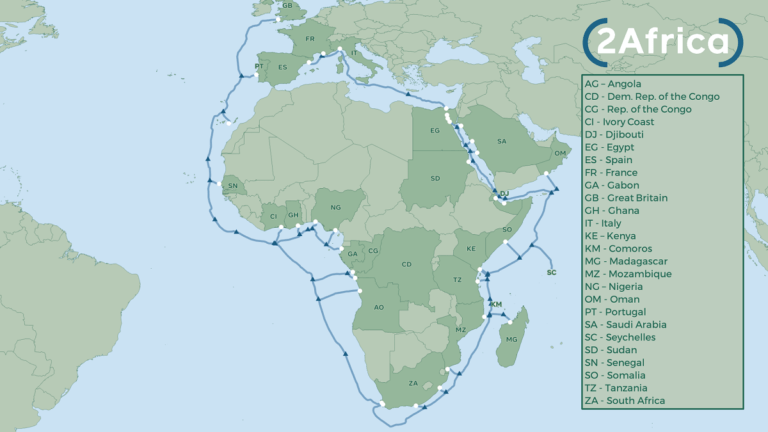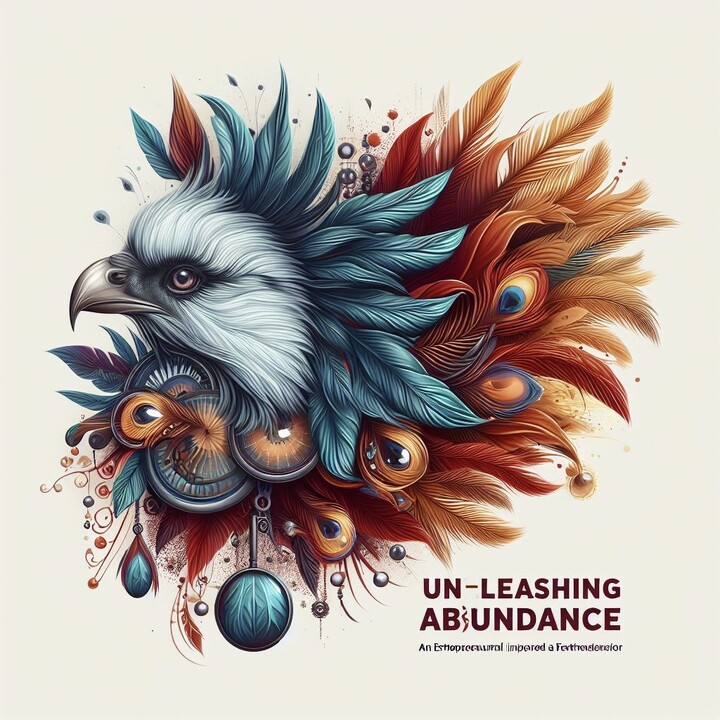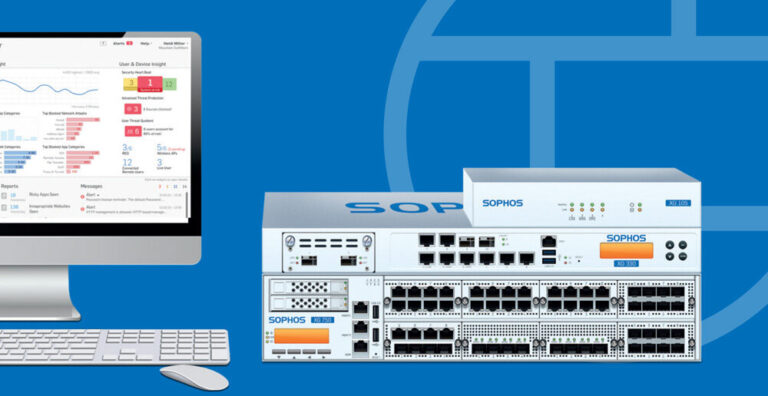Nigeria: Aduna Capital Unveils $20 Million Fund to Support the North, Female Founders

Aduna Capital, a Nigerian venture capital firm, announced the creation of a $20 million fund today.
The fund would invest 55.5% of its cash in Northern Nigeria businesses, with the remainder spread across the country and Africa. According to General Partner Surayyah Ahmad, the fund’s goal is to have 50% female participation in the firms it supports.
Ahmad is a seasoned entrepreneur who founded the eCommerce firm YDS Online in 2017. In 2022, the startup was bought. She is also the chairman of the Northern Founders Community and the co-founder of Ethco, a firm that helps ethnic stores go digital.
Her co-founder, Sanusi Ismaila, has been at the forefront of technology innovation in Northern Nigeria, having founded Colab, Kaduna State’s largest innovation hub. Colab has been essential in the region’s startup and tech talent development, spawning businesses such as Sudo and Payant.
Aduna Capital’s vision is to develop Northern Nigeria, which is home to more than 100 million Nigerians. It also intends to shift the focus away from Lagos, which is home to more than 80% of Nigeria’s startups. On the other side, all-male founding teams continue to get more than 80% of the country’s startup investment.
As a result of this trend, entrepreneurs in Nigeria’s secondary cities frequently lack the necessary money and assistance. Furthermore, female entrepreneurs are frequently unable to raise finance for their businesses. Aduna Capital hopes to serve as a link between investors and founders in the region.
It plans to invest in more than 50 firms at the pre-seed and seed phases, with an emphasis on pre-seed and seed-stage startups. As a newcomer to the country’s venture capital sector, the business plans to collaborate with larger funds in order to expand the pool of resources accessible to its portfolio companies.
According to Ahmad, the fund will invest $50,000 to $200,000 in firms, but will also write angel checks on occasion to bridge the region’s angel investing gap. With exits becoming increasingly difficult for many investors, Aduna Capital will seek to exit investments at the Series A stage. However, Ahmad notes that it plans to maintain approximately 20% of its portfolio companies, with follow-on investment put aside for this group.
While she refused to reveal the proportion of the capital that had been secured, she asserted that the fund had secured a major chunk of the fund and was ready to begin investing. With venture capital still being a very unpopular investment vehicle in parts of Africa, Aduna Capital will look for other ways to deliver a return for its LPs.
“Given the region we’re focusing on, we have a few local LPs who aren’t comfortable with the traditional VC model.” As a result, we are delighted to collaborate with them as part of our broader experiment with other kinds of return, such as profit-sharing, among other things. The jury is still out on whether the current dominant VC model is best suited to Africa; as a result, we will be experimenting with a few additional models that appeal to the region through our sub-funds,” she said.







